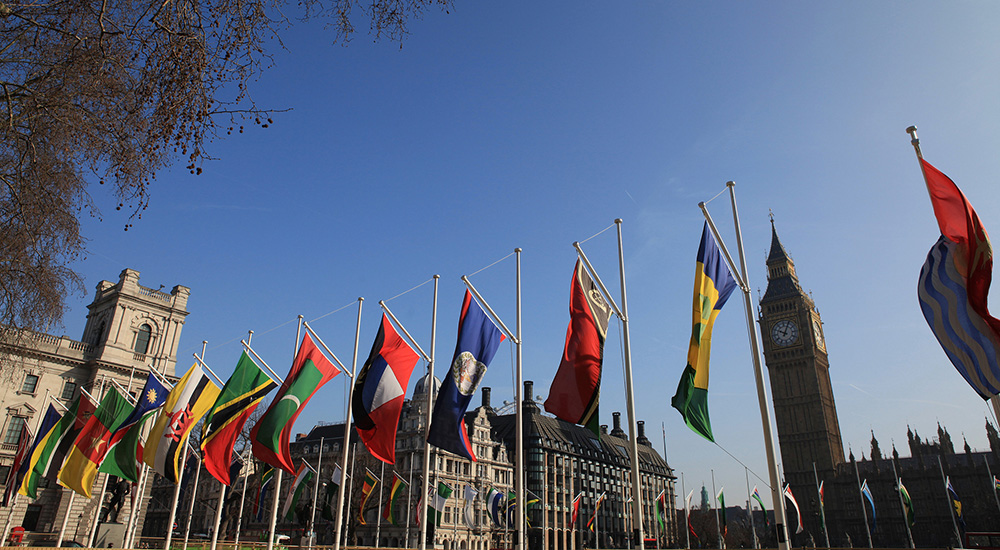 'Commonwealth Day' by Foreign and Commonwealth office
'Commonwealth Day' by Foreign and Commonwealth office
A timely survey by the Commonwealth Exchange thinktank, released on the day the Queen overtook her forebear for longevity, found that nearly four in 10 children had no idea she was the head of the Commonwealth. Knowledge of the institution declines sharply through the generations so it should be a serious concern to the Commonwealth secretariat that nearly half of the children polled said they had never learned anything about the organisation at school. Less than a quarter could name three members and just 7% recognised the flag.
The Commonwealth Exchange’s rather optimistic solution is for schools to integrate the topic into teaching across four subjects—history (but not to suggest that the Commonwealth is a thing of the past), geography, information technology and citizenship (though these lessons have nearly been squeezed out of the curriculum as it is), develop a Commonwealth app, and reintroduce penpal and youth-exchange programmes.
However, desirable as they might be, they alone are unlikely to end the malaise that hangs over an international body as disunited and at odds over its very raison d’etre as the CW. An answer may be in the seasoned figure of Kofi Annan, who could be in the running to take over from Kamalesh Sharma in charge of the United Nations’ little cousin if there’s anything to rumours that Britain, Australia and Canada are floating his name. He has a mixed record as the UN secretary general from 1997 to 2006, with the inability to prevent genocide in Rwanda and Bosnia a stain on his time in charge of UN peacekeeping. But amid a crowded field of candidates and a divided membership, Annan may be one of the few names being touted who has the stature to pull the Commonwealth together and give it a new sense of purpose.



